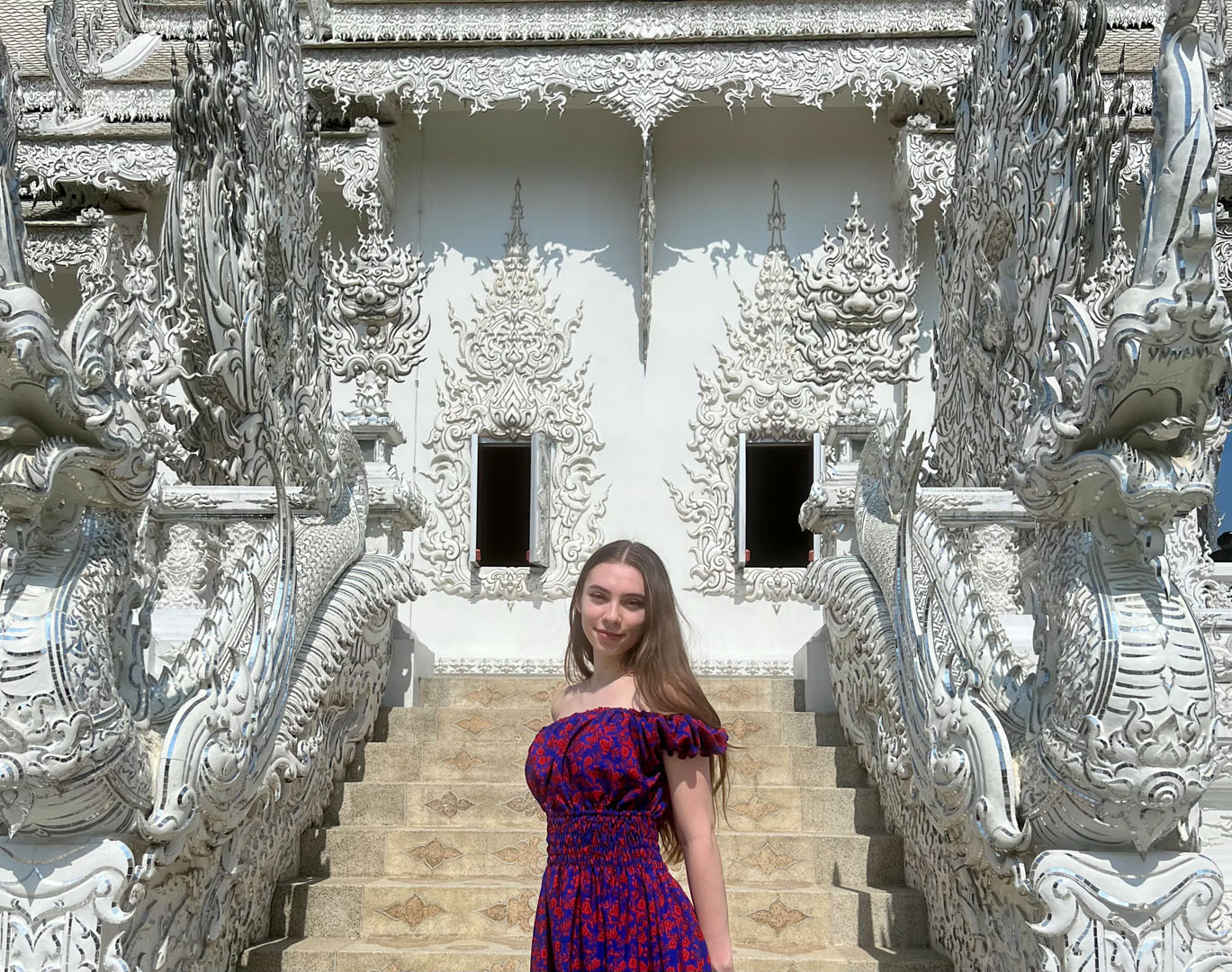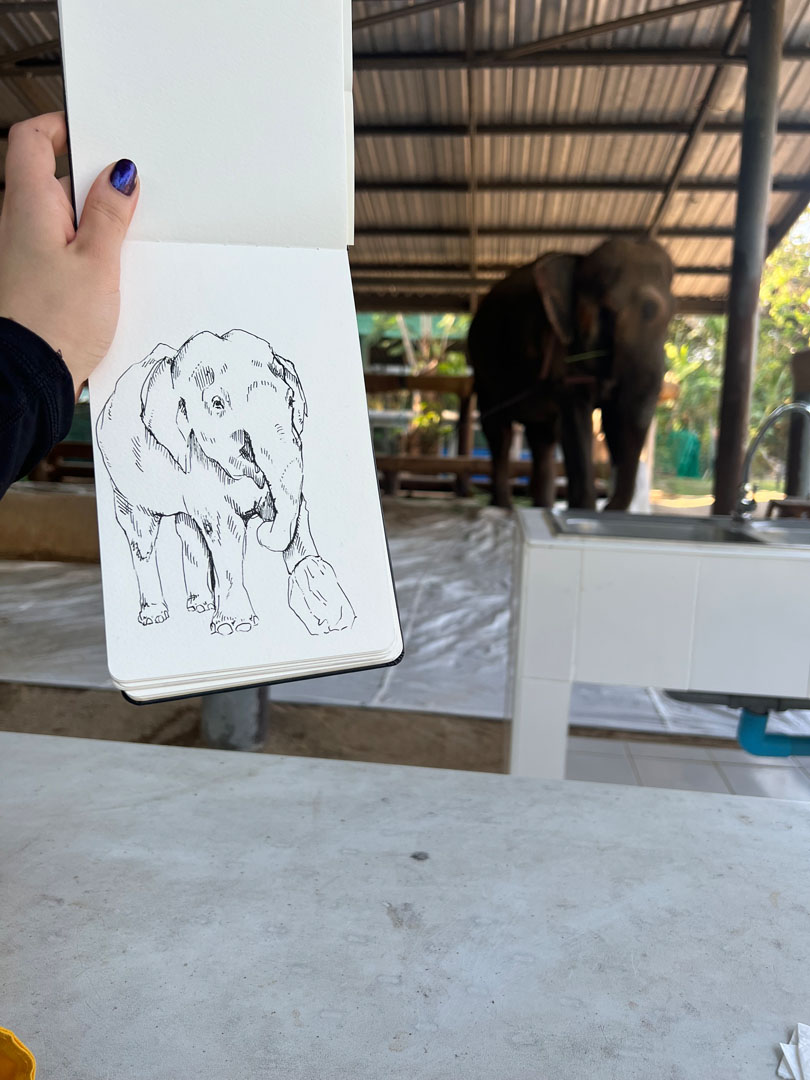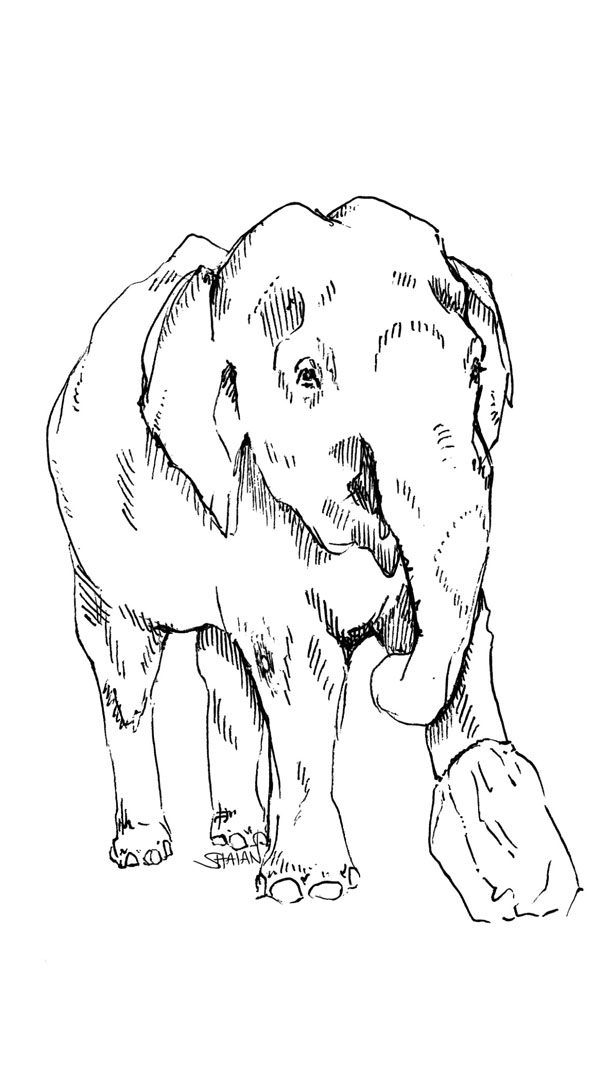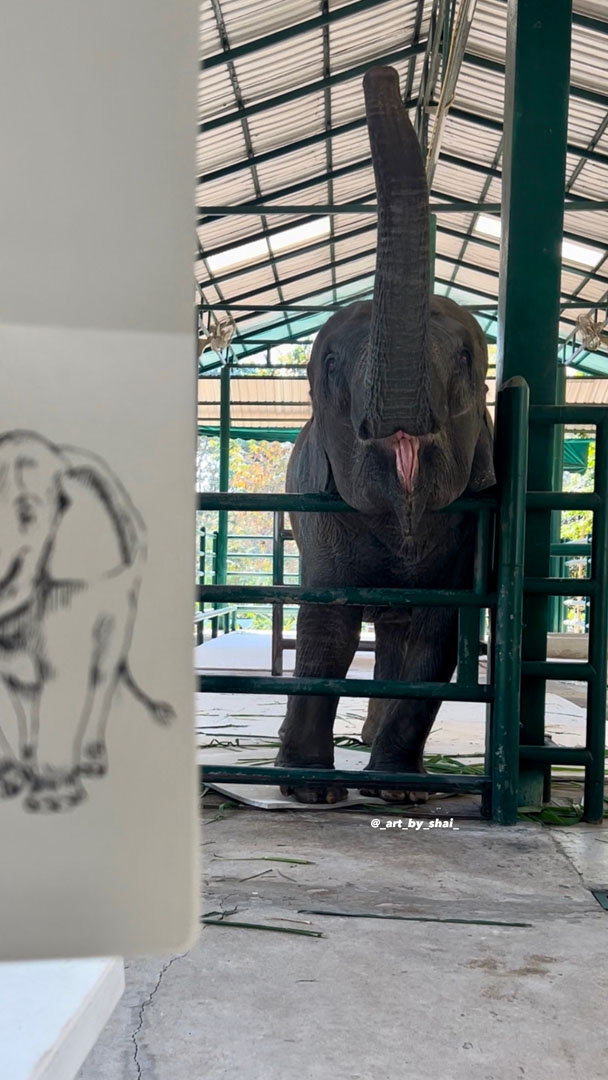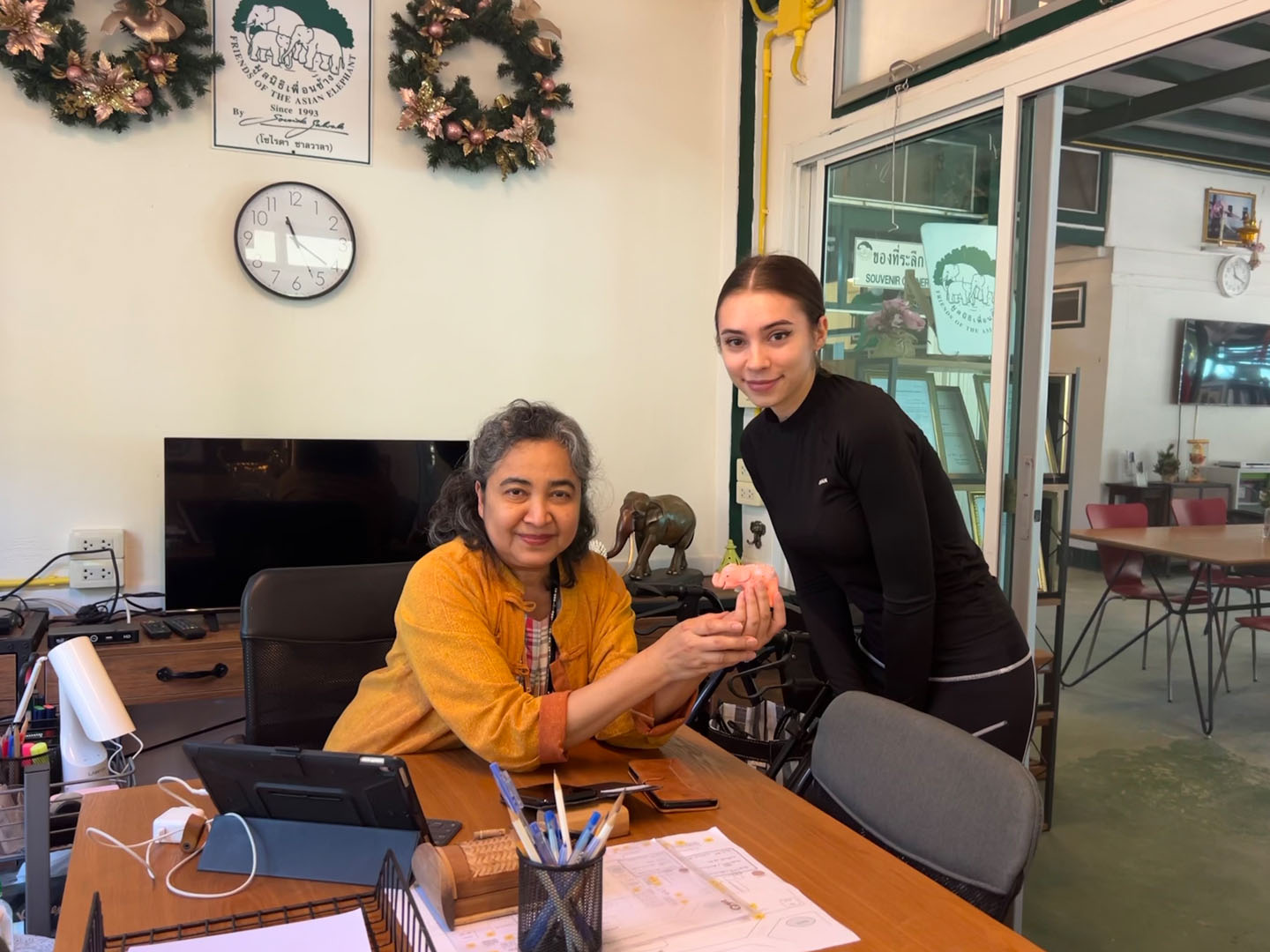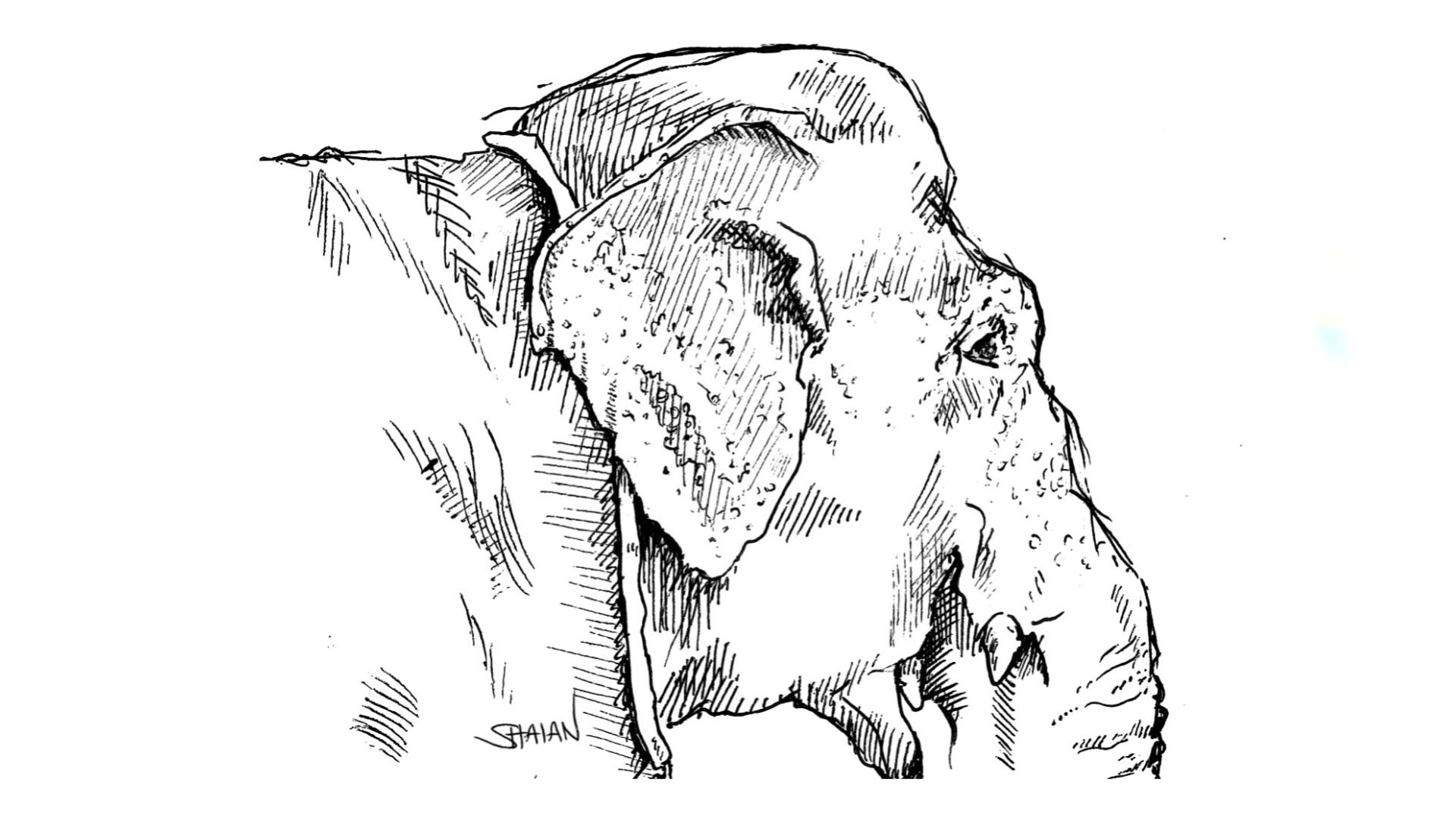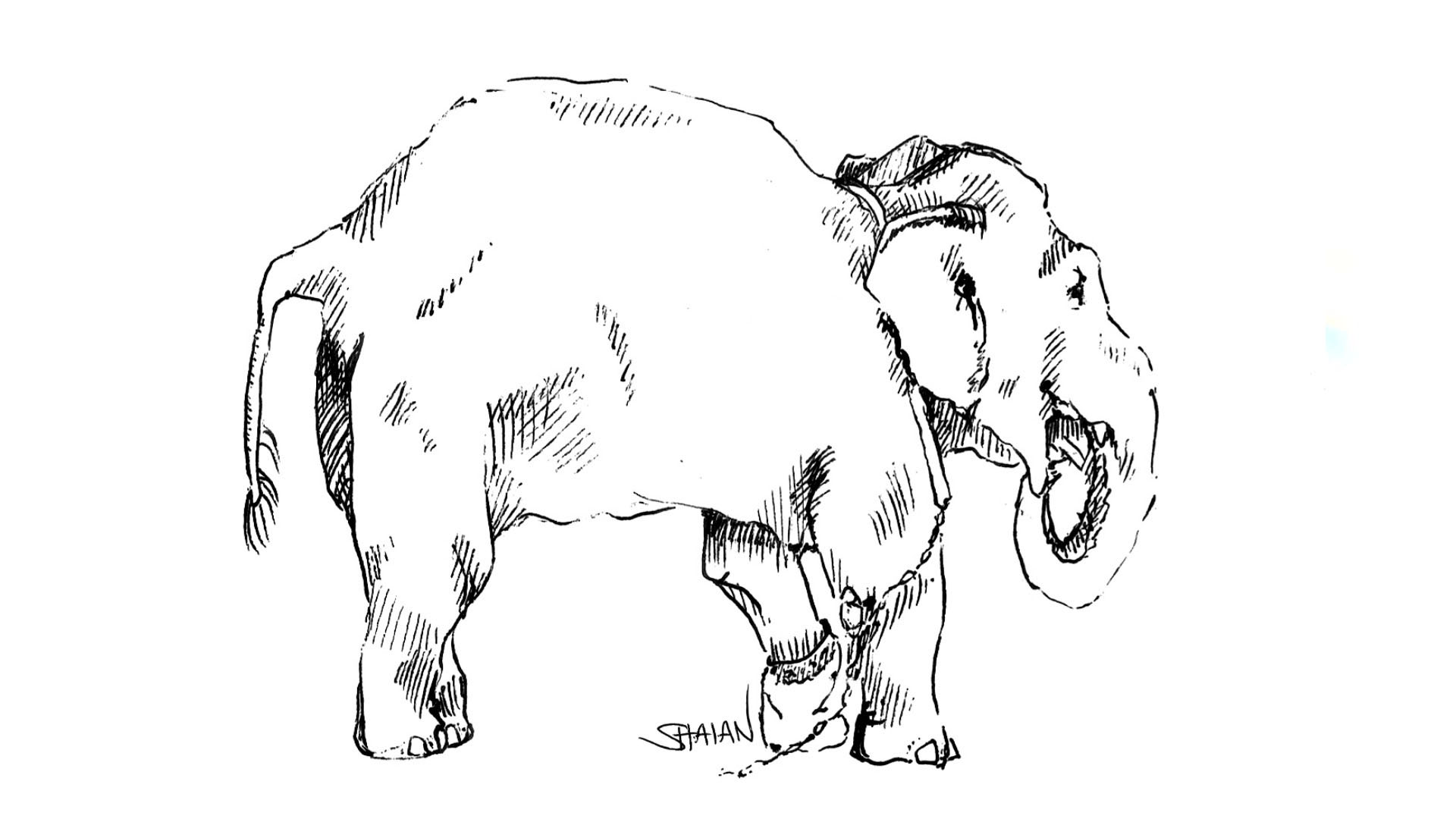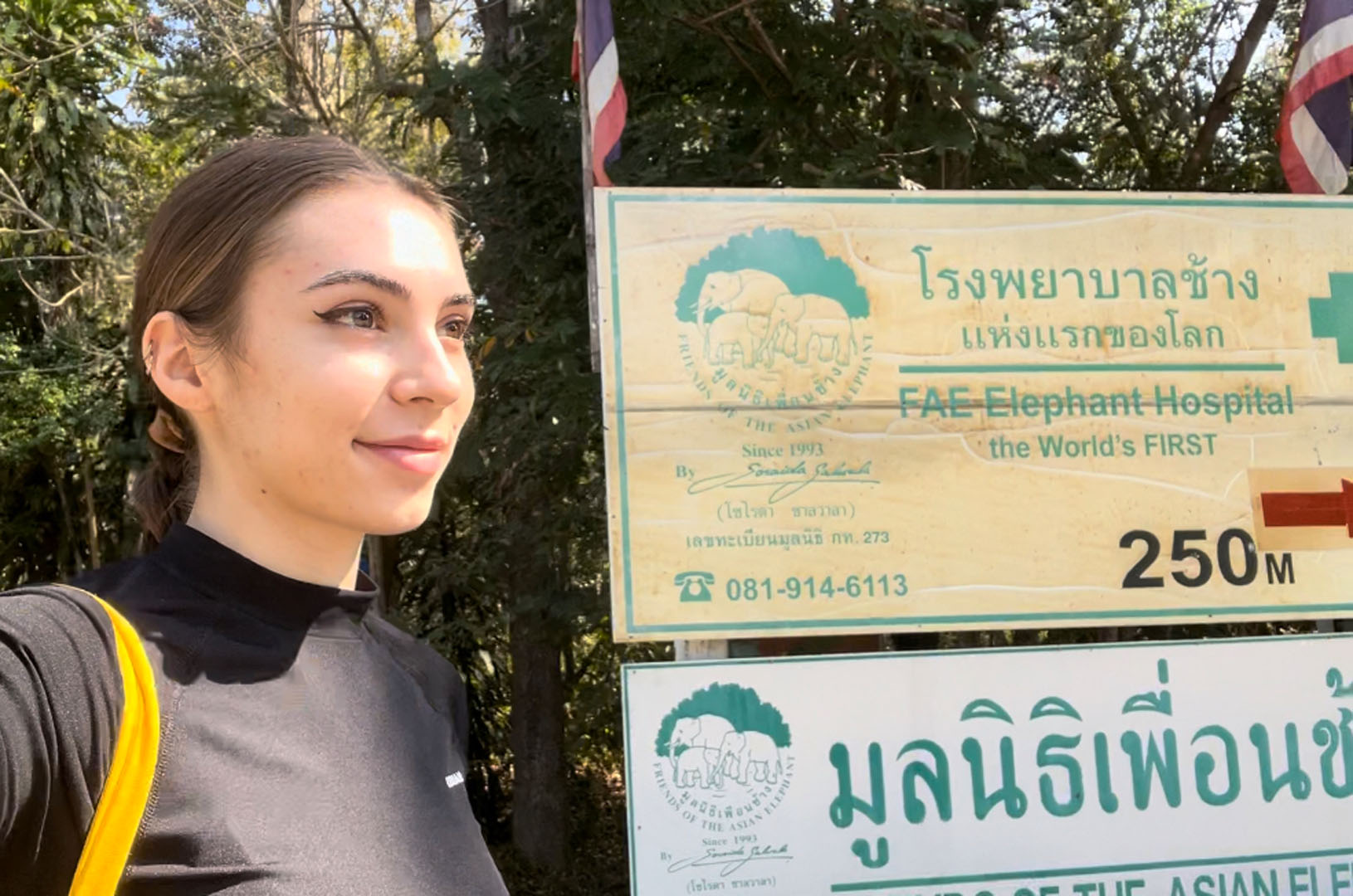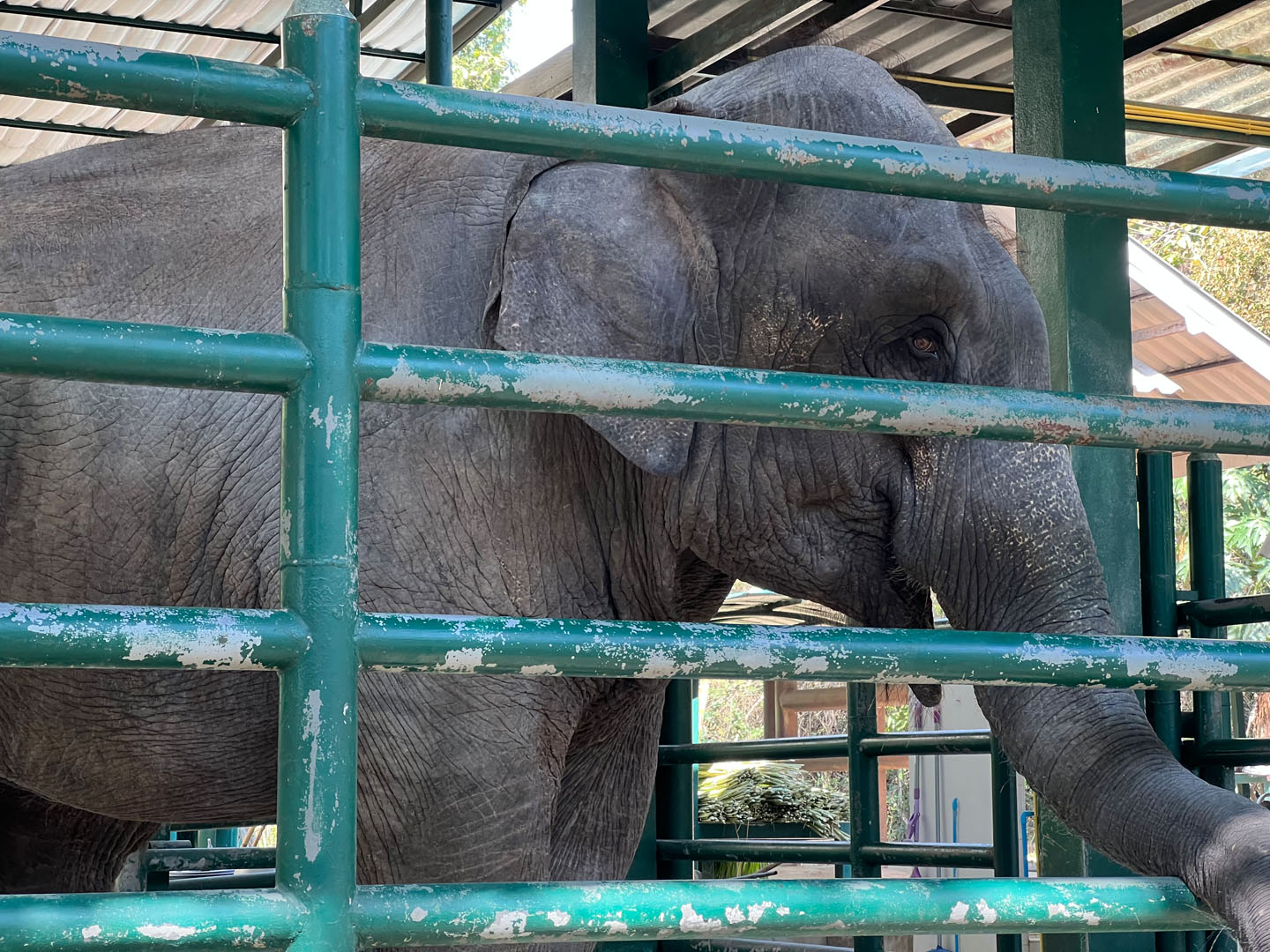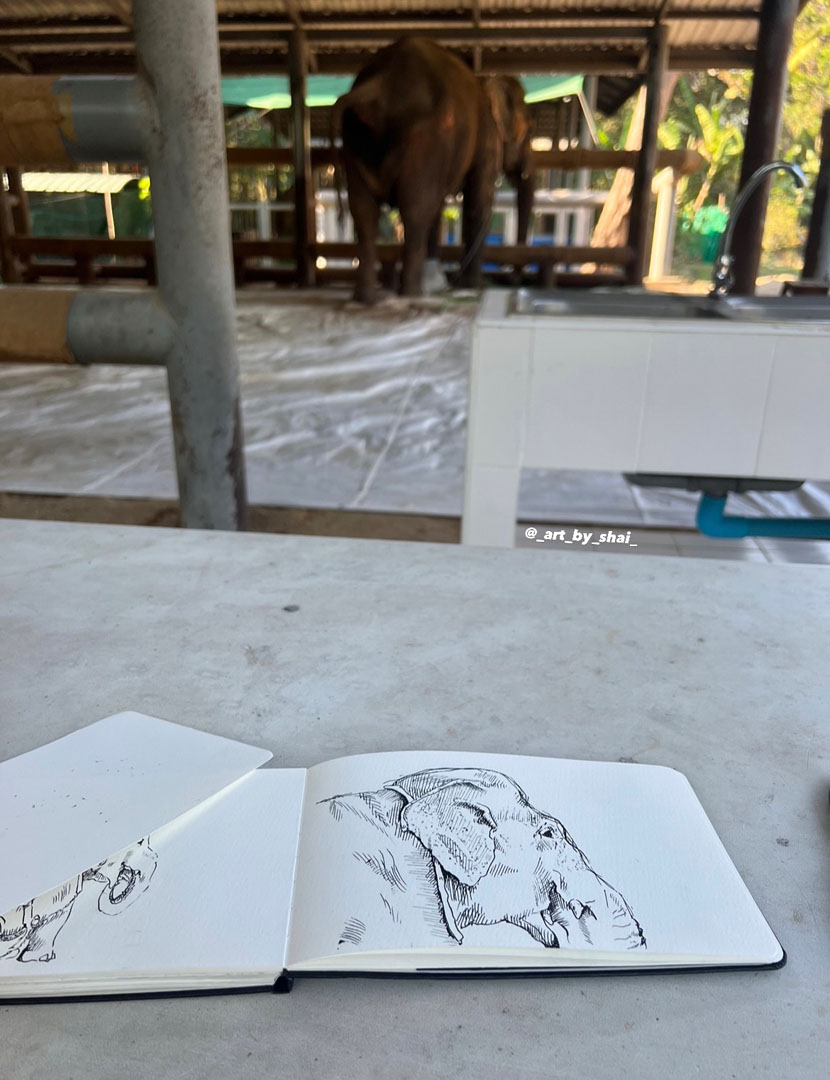Colorado College alum Shaian Gutiérrez ’22 is making up for lost time and thriving overseas. The COVID-19 pandemic curtailed her plans to study abroad during her school years, but thanks to receiving the Keller Family Venture Grant before graduation last spring, Gutiérrez was able to apply her art and Spanish majors toward investigating topics related to architecture and identity in Mérida, Mexico. That experience whetted her appetite for working abroad.
“After getting a taste of what life was like in another country, I was interested in finding work outside of the U.S.,” she says. Soon after, she landed a position teaching art at an international school in Hong Kong.
“I’ve been in Hong Kong for only six months now, but time passes really slowly when you’re in a new place—in a good way!” says Gutiérrez.
“I've learned a lot about people in my new position,” she added. “We can be from different countries and be the same or be from the same place and be completely different. I guess that's an experience that's specific to international schools, but it was something I had to adjust to.”
In her free time, Gutiérrez enjoys finding new places to explore and draw. She found more than she could have hoped for on a recent outing to Chiang Mai, Thailand.
Filled with centuries-old temples and exquisite architecture from the Lanna Kingdom, which occupied the land for hundreds of years, Chiang Mai is an art lover’s paradise. The elephant is the national symbol of Thailand and is incorporated into everything from chedi (Buddhist temples) to street art to restaurants.
What caught her eye and her attention, were the living elephants with prosthetic limbs receiving care at Friends of the Asian Elephant Hospital (FAE), the first elephant hospital in the world, an hour’s drive north of Chiang Mai.
“This is where I met Soraida Salwala, founder and secretary general of FAE, which opened in 1993,” Gutiérrez explains. “Soraida introduced me to the patients at her hospital, including the famous Mosha, who was the first elephant in the world to wear a prosthetic leg, followed closely by her neighbor and the second elephant in the world to wear a prosthetic leg, Motala.”
Gutiérrez’s mother is a Denver-based author who worked with Soraida Salwala to write a section of her book, Bionic Beasts: Saving Animal Lives with Artificial Flippers, Legs, and Beaks, which included a section about Mosha, who is a permanent resident at the FAE Hospital. Salwala invited Gutiérrez to visit her and her elephants in Lampang.
“I brought my sketchbook and pens with me in case I got a chance to quickly draw an elephant or two, and Soraida was kind enough to let me spend the afternoon drawing Boonmee and Motala.”
When Boonmee was eight years old, she wandered away from her mother who was employed as a logging elephant across the Myanmar border. She stepped on a land mine and lost a large portion of her right foot and was subsequently admitted to the FAE Hospital. Now, she’s 19 years old and Gutiérrez considers her very extroverted and sweet.
“While I was drawing her, she posed well the whole time, and once I finished each drawing, I turned my sketchbook toward her. She loved to see what I was doing and lifted her trunk each time in what I could only describe as a smile. She was so charming and I truly enjoyed my time spent with her.”
Motala was employed as a logging elephant across the Myanmar border when she stepped on a land mine as well. Her injuries were severe and life-threatening when the hospital took her into their care.
“As elephants age, spots begin to show around their face and ears, and Motala is in her sixties now. I had fun drawing all of Motala’s spots, and she turned to me to eat her bananas and then watched me as I drew her. She was very patient and sweet as well and I was happy she let me draw her.”
After spending time with the elephants, Gutiérrez couldn’t help but notice the parallels in their personalities and those of people. “Motala is very kind and patient, Boonmee is especially extroverted, and Mosha is a teenager and can be a bit grumpy, so I heard her trumpeting from time to time.”
“They also had an elephant with PTSD whom I couldn't visit for his own comfort and my safety, and there was a mother and a baby elephant who were both very mischievous, especially the baby who had learned how to open his stall gate.”
Once she got to know the elephants and what had happened to them, Gutiérrez understood the importance of continuing to fund the hospital. “They're intelligent and kind animals and deserve to live and have access to a hospital run by someone as caring as Soraida.”
Only a small portion of the funding for the Friends of the Asian Elephant Foundation comes from outside of Thailand. “It was important to me that I spread the word to a community like CC because I quickly realized during my visit that when these elephants are injured and admitted to Soraida’s hospital, they can’t pay for themselves nor can their keepers. The FAE provides a home for the elephants and their keepers during recovery, and their mission is important to me and so many others, so I appreciate having a space like this to share.”
If you’re interested in helping the Friends of Asian Elephant Hospital, you can learn more here.
As for Gutiérrez’s future? She is looking for new adventures abroad and hopes to land in Spain some day.

